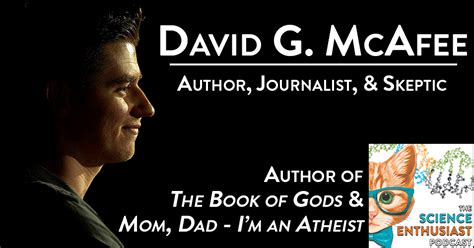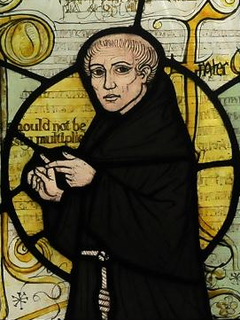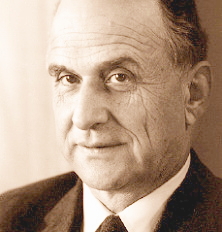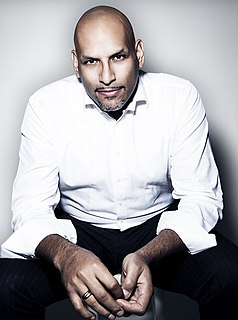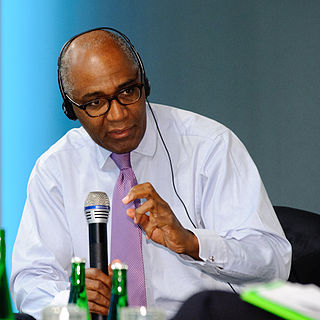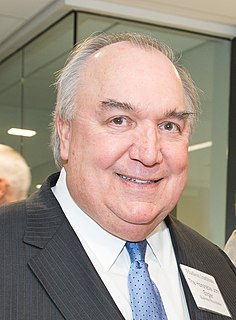A Quote by David G. McAfee
Christian apologists who argue that a story about an empty tomb is convincing evidence of a resurrected body are likely unfamiliar with Occam’s razor, which states that among competing hypotheses, the hypothesis with the fewest assumptions should be selected. They assume that the most likely explanation is miraculous resurrection through some unproven divine connection, but more likely scenarios include a stolen body, a mismarked grave, a planned removal, faulty reports, creative storytelling, edited scriptures, etc. No magic required.
Quote Topics
About
Among
Argue
Assume
Assumptions
Body
Christian
Competing
Connection
Convincing
Convincing Evidence
Creative
Divine
Edited
Empty
Etc
Evidence
Explanation
Grave
Hypotheses
Hypothesis
Include
Likely
Magic
Miraculous
More
Most
Planned
Razor
Removal
Reports
Required
Resurrection
Scenarios
Scriptures
Selected
Should
Some
States
Stolen
Story
Storytelling
Through
Tomb
Unfamiliar
Which
Related Quotes
Because you've been exposed to Western tonal music, you know after a certain chord sequence what the next possibilities are. Your brain has compiled a statistical map of which ones are most likely and least likely. If the song keeps hitting the most likely notes, you'll get bored, and if it's always the least likely ones, you'll get irritated.
By giving professors jobs for life, universities create a feeling of unanswerable power among too many. Tenured professors who are uninterested in serving the student body are less likely to respond favorably to criticism, and are more likely to feel the freedom to intimidate or harass those with opposing viewpoints.
For if as scientists we seek simplicity, then obviously we try the simplest surviving theory first, and retreat from it only when it proves false. Not this course, but any other, requires explanation. If you want to go somewhere quickly, and several alternate routes are equally likely to be open, no one asks why you take the shortest. The simplest theory is to be chosen not because it is the most likely to be true but because it is scientifically the most rewarding among equally likely alternatives. We aim at simplicity and hope for truth.
Medicine is the science by which we learn the various states of the human body in health and when not in health, and the means by which health is likely to be lost and, when lost, is likely to be restored back to health. In other words, it is the art whereby health is conserved and the art whereby it is restored after being lost. While some divide medicine into a theoretical and a practical [applied] science, others may assume that it is only theoretical because they see it as a pure science. But, in truth, every science has both a theoretical and a practical side.
If you have evidence that C1 is a cause of E, and no evidence as to whether C2 is also a cause of E, then C1 seems to be a better explanation of E than C1&C2 is, since C1 is more parsimonious. I call the version of Ockham's razor used here "the razor of silence." The better explanation of E is silent about C2; it does not deny that C2 was a cause. The problem changes if you consider two conjunctive hypotheses.
In history, one gathers clues like a detective, tries to present an honest account of what most likely happened, and writes a narrative according to what we know and, where we aren't absolutely sure, what might be most likely to have happened, within the generally accepted rules of evidence and sources.
People who believe that they are going to be excommunicated and shamed, or whatever other dark things may happen to them, are much less likely to enter open, loving relationships. And they are also much less likely to have the self-esteem that is required to be monogamous and loving. And in consequence, they are much less likely to create families.
